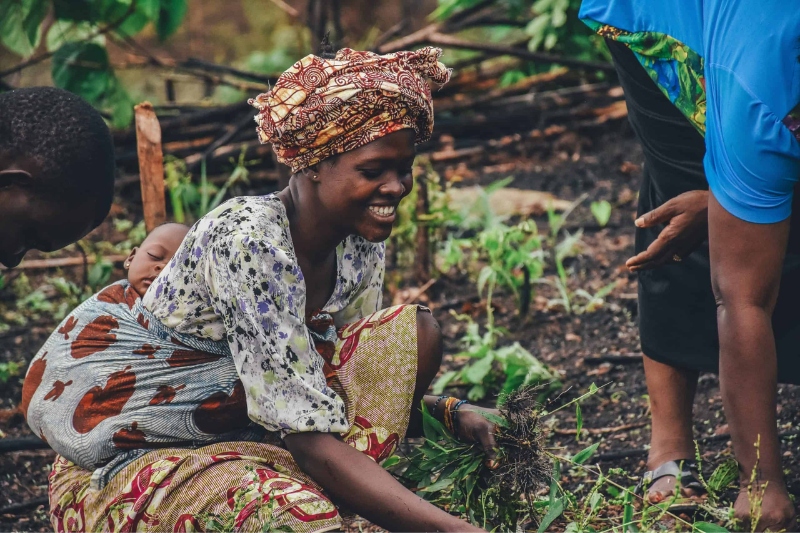Recent studies based on genetic, archeological, and paleoenvironmental evidence have occupied Central Africa with hunter-gatherer people for hundreds of thousands of years.
But modern hunter-gatherers living in the Congo Basin speak languages they have recently learned from their agricultural neighbors, the Bantu. This begs the issues of which components of ancient cultural diversity in Central Africa result from long-term evolution and regional cultural contact predating agriculture and which features are shaped by interactions with farming communities?
“We found that the distribution of musical instruments among hunter-gatherers correlates very strongly with those genetic segments that are of ancient origin,” explains Andrea Migliano from the evolutionary anthropology section of the University of Zurich. “Thus, these groups were trading musical instruments long before any agricultural population existed in the area.”
Following the sources of particular genome segments helps one deduce the timeframe of genetic interactions between populations. The researchers thus compiled genetic data from 11 Central African hunter-gatherer groups and split their DNA into segments depending on the timing of the exchanges: those brought through introgression or exchange with Bantu populations, those from recent exchanges between hunter-gatherer populations, and those with ancient origin.
Keep Reading
The researchers also assembled a large collection of musical instruments and foraging implements, along with their names from historical records and ethnographies. They then examined how genetic variety at various times was linked with the structure of cultural diversity—the similarity between groups in musical instrument and subsistence tool repertoires, based on the presence or lack of similar musical instruments.
“It was interesting that despite the fact that several Central African hunter-gatherer cultures speak languages from rather distinct families, they have an excessive quantity of vocabulary connected to music. Thus, Migliano notes, these phrases had origins in a period before the hunter-gatherer communities embraced the languages of their Bantu neighbors.
The findings imply that thorough connections among hunter-gatherer tribes in the Congo Basin, even those split across thousands of kilometers, affected not only their genetic composition but also their language and cultural features.
These large social networks preserved a cultural diversity that developed thousands of years before agriculture arrived in the area. “The great-scale cultural networking of modern humans has deep roots in the past, at least in Central Africa,” Migliano notes.

